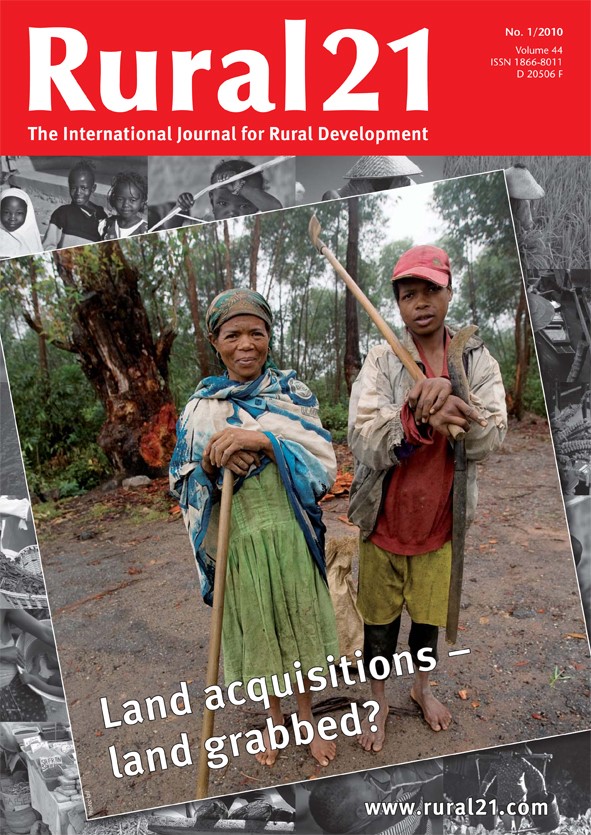Adapting African agriculture to climate change
Climate change is one of the major threats to the development of rural Africa, and without wide-ranging adaptation strategies the challenge it presents cannot be met. Although appropriate measures have been identi? ed, international funding for adaptation has not materialised at the rate that was pledged. This is irresponsibly delaying the implementation of adaptation measures.






